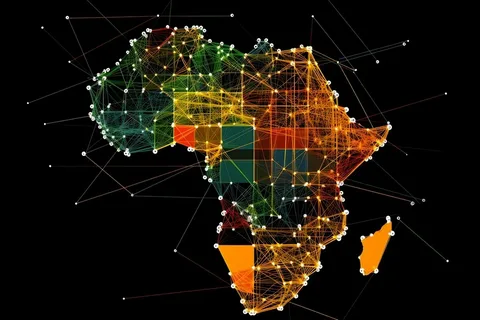According to the Heirs Tech Industry Report, Africa is expected to contribute nearly $180 billion to its GDP by the end of this year.
The research report also indicates that, with this momentum, the continent could earn close to $2.9 trillion by 2030 through artificial intelligence (AI) and related technologies.
KEY AREAS REQUIRING INVESTMENT
However, the report states that Africa needs to continue investing in three fundamental areas.
These areas are digital infrastructure, talent, and policy. According to the report, Africa has made significant progress in these areas, but further efforts are still needed to ensure widespread adoption of these technologies by society.
DIGITAL INFRASTRUCTURE AND CONNECTIVITY CHALLENGES
Although Africa accounts for approximately 19% of the global population, it has less than 1% of the world’s data center capacity.
This imbalance highlights the urgency of expanding cloud and data infrastructure. Connectivity issues also remain a major challenge across the continent.
Large-scale initiatives, such as the 2Africa subsea cable, are expected to triple the continent’s international internet capacity and create a stronger digital backbone.
However, more than 55% of users in Sub-Saharan Africa still rely on 2G and 3G networks. This limits access to cloud services and leaves many people excluded from the digital economy.
DIGITAL TALENT AND POLICY DEVELOPMENTS
While efforts are underway across the continent to build digital talent, there is still a shortage of professionals in advanced technology fields.
In terms of policy, 39 out of 55 countries have enacted data protection laws, and 34 have established regulatory authorities.
Although this is a positive development, the report warns that overregulation in regions still struggling with infrastructure and skill gaps could hinder innovation.
INVESTMENT DISTRIBUTION AND REGIONAL INEQUALITY
One of the continent’s major challenges is that investments are concentrated in South Africa, Nigeria, Kenya, and Egypt. 87% of AI investments in Africa are directed to these regions, leaving other areas underserved.
If Africa can overcome these challenges, it could achieve far greater gains than those projected in the report.



